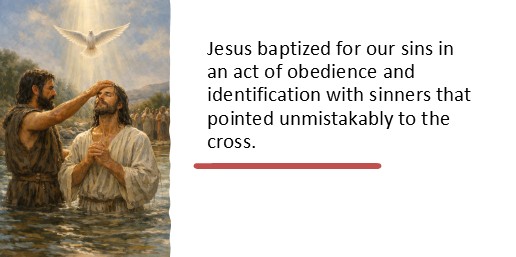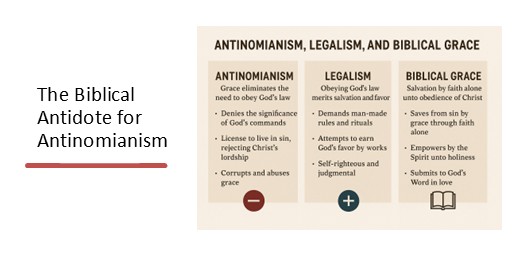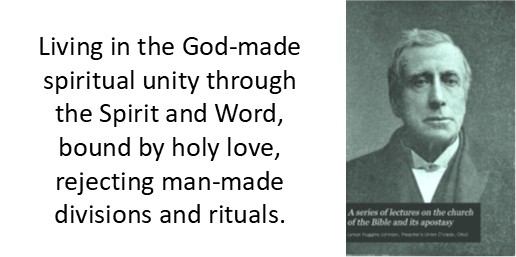Jesus Baptized by John the Baptist Looking Forward to the Crucifixion

The baptism of Jesus Christ stands at the threshold of His public ministry. Though brief in description, especially in Luke’s Gospel, this event is rich in theological meaning. Jesus’ submission Continue ReadingJesus Baptized by John the Baptist Looking Forward to the Crucifixion



